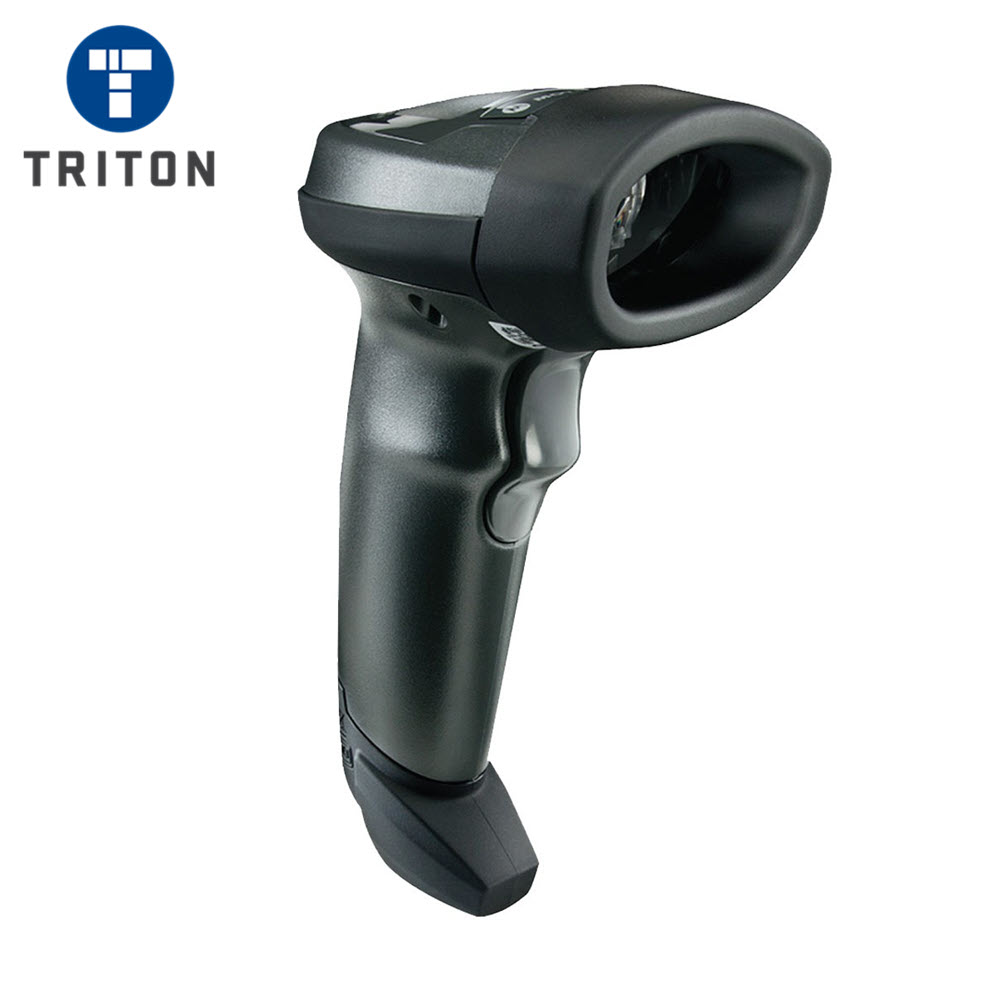Barcodes Scanners with Modern Technology for Efficiency
Picking the Right Barcode Scanner for Your Organization Needs
Selecting the suitable barcode scanner for your business calls for a nuanced understanding of your particular functional requirements and ecological conditions. Elements such as scanner type, rate, and compatibility with existing systems play an essential role in establishing the appropriate selection.
Recognizing Barcode Scanner Kind
When it involves selecting a barcode scanner, understanding the different types available is vital for conference certain organization needs. Barcode scanners can be classified right into a number of types, each developed for various applications and settings.
Fixed-mount scanners, on the other hand, are developed for high-volume scanning applications, frequently located in setting up lines or check out counters. These scanners are placed in a fixed setting, permitting for fast scanning of several things in succession.
One more type is the mobile computer system, which combines scanning abilities with computing power. These devices are perfect for area operations or warehouse management, enabling information collection and real-time stock monitoring. Furthermore, there are industrial scanners that are constructed to stand up to harsh settings, such as extreme temperature levels or exposure to dust and dampness.

Key Functions to Take Into Consideration
What vital functions should organizations prioritize when choosing a barcode scanner? First and foremost, scanning rate is critical, as faster scanners boost functional performance, particularly in high-volume settings. The scanner's ability to read different barcode styles is likewise important; guarantee it supports popular types like QR codes, UPC, and Code 128 to fit varied supply things.
Sturdiness is another crucial attribute, particularly for organizations in tough settings. Look for models that are constructed to hold up against drops, dust, and wetness. In addition, think about the connection options offered; whether you like USB, Bluetooth, or Wi-Fi, the best connectivity can enhance integration with existing systems.

Assessing Your Service Setting
To properly select a barcode scanner, businesses need to take stock of their certain operational setting. This analysis consists of evaluating the physical design of the office, the nature of the products being scanned, and the typical problems under which scanning happens. As an example, a retail environment might require handheld scanners that can swiftly process transactions at the checkout, while a stockroom setting may gain from ruggedized scanners developed to sustain harsher conditions.
Additionally, consider the quantity of scanning called for. High-throughput atmospheres may necessitate innovative scanning innovations, such as fixed-position scanners or mobile phones that can run successfully in fast-paced scenarios. The integration abilities with existing inventory administration systems also play an important duty; guarantee the selected scanner can seamlessly attach with software application systems in use.
A scanner that satisfies present demands may not be adequate as organization expands. By completely assessing these factors, organizations can pick a barcode scanner that not just meets prompt demands Go Here however also sustains lasting operational effectiveness and flexibility. barcodes scanners.
Budgeting for Your Scanner
Having actually evaluated the operational setting and determined the certain demands for a barcode scanner, the following action includes mindful budgeting to guarantee a wise economic investment. Developing a budget begins with determining the total prices associated with the scanner, consisting of first acquisition cost, functional costs, and possible maintenance costs.
When picking a barcode scanner, take into consideration the series of available alternatives, from portable tools to fixed-position scanners, as costs can vary dramatically. It is important to balance expense directory with functionality; opting for a much more inexpensive model might result in increased operational inadequacies if it does not meet your business requirements.
Along with the hardware, element in costs connected to software, training, and possible upgrades. While it may be appealing to minimize in advance expense, buying a quality scanner that aligns with your operational needs can generate long-term cost savings through enhanced effectiveness and lowered downtime.
Finally, take into consideration the overall expense of ownership, which incorporates the scanner's life-span and prospective resale worth. By diligently intending your spending plan, you can make certain that your financial investment in a barcode scanner will improve your functional efficiency and economic performance.
Integration With Existing Solution
Incorporating a barcode scanner with your existing systems is critical for optimizing its effectiveness and guaranteeing seamless operations. barcodes scanners. A well-integrated scanner enhances process efficiency, minimizes mistakes, and speeds up data handling. When choosing a barcode scanner, consider compatibility with your present software and equipment framework, including your supply administration systems, point-of-sale (POS) systems, and business source preparation (ERP) solutions
Evaluate whether the scanner utilizes conventional procedures such as USB, Bluetooth, or Wi-Fi, which can assist in very easy integration. Furthermore, analyze whether the scanner's software application supplies APIs or SDKs that enable personalization and integration with exclusive systems. This is specifically important for companies with special functional needs.
Additionally, take into consideration the scalability of helpful resources the scanning remedy. As your organization expands, your systems should have the ability to suit added scanners and manage boosted data quantities without considerable reconfiguration. Eventually, purchasing a barcode scanner that flawlessly incorporates with your existing systems will certainly generate lasting advantages, improving accuracy, efficiency, and overall performance within your procedures. Take the time to thoroughly assess your assimilation requires before buying choice.

Conclusion
In conclusion, choosing an ideal barcode scanner requires a detailed evaluation of different elements, consisting of scanner types, necessary features, and the particular company environment. The right barcode scanner serves as a crucial tool in enhancing processes and facilitating efficient stock monitoring.